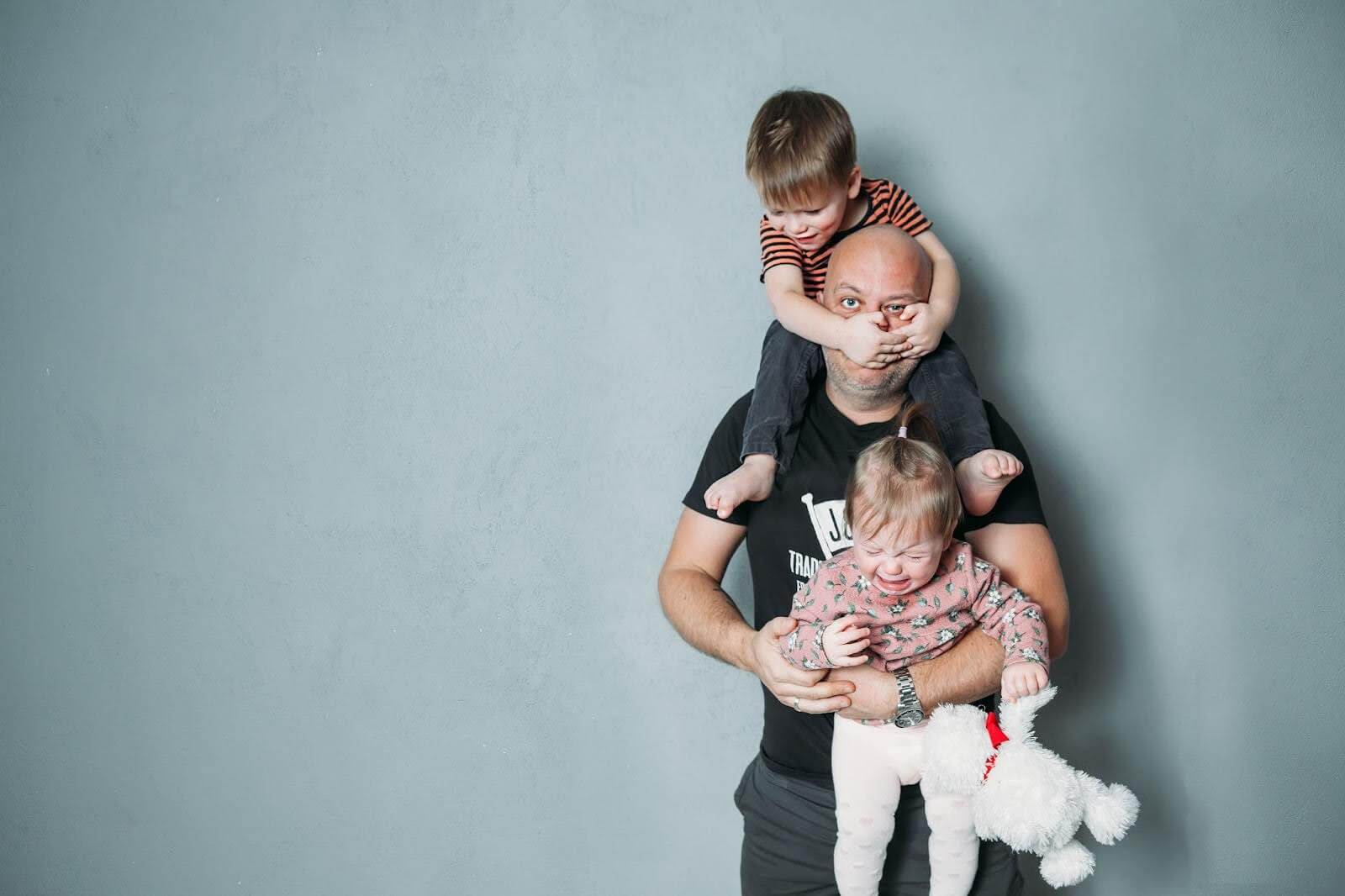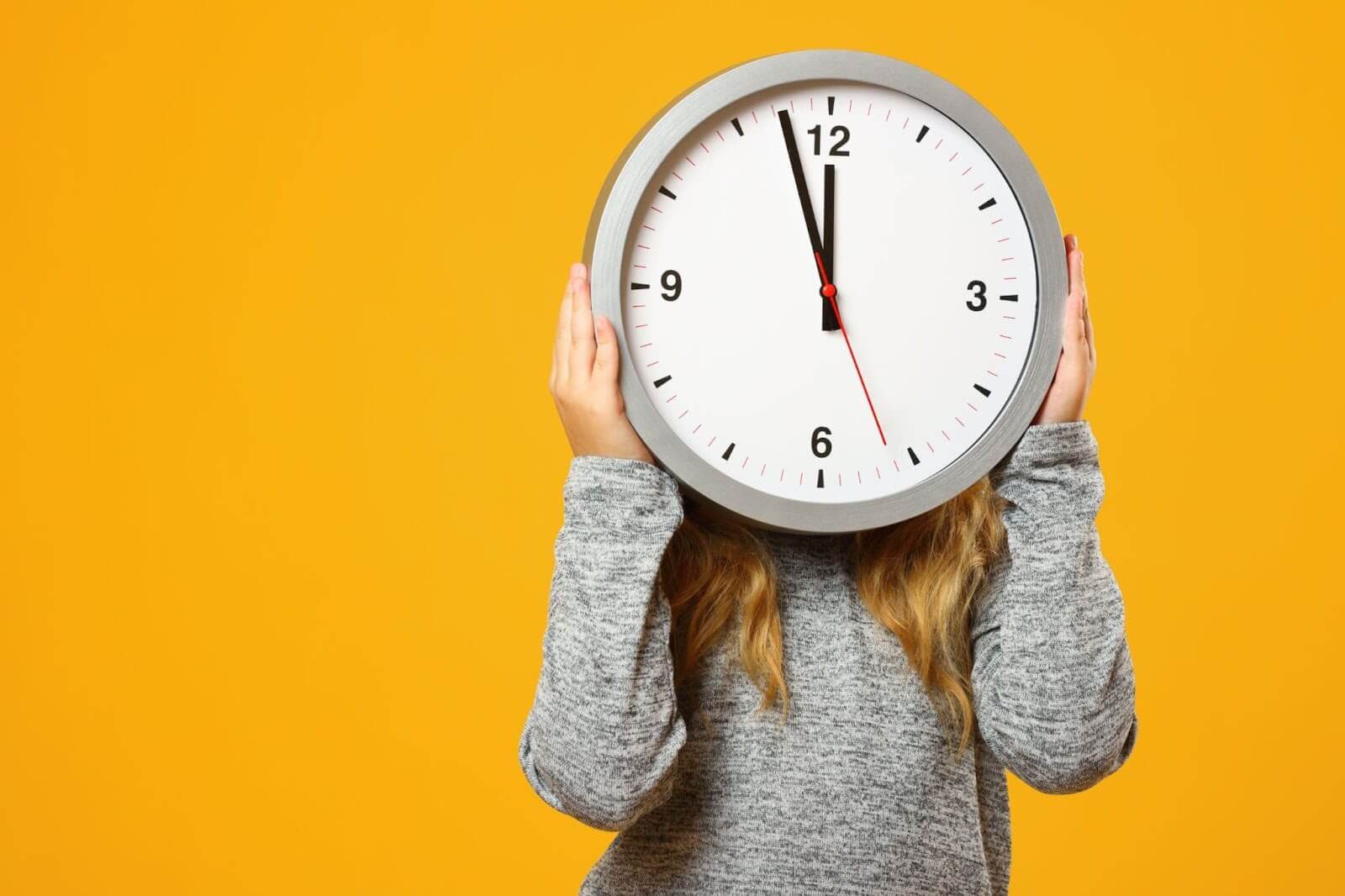Household toxins and indoor pollutants can be harmful to your family.
Make your home a healthier place by avoiding indoor pollutants.
Houseplants help remove pollutants, such as ammonia (in cleaning products) and formaldehyde (in furniture) in your home. According to NASA, the best nontoxic indoor plants are spider plants, philodendrons, and rubber plants.
The fragrance found in air fresheners, shampoos and soaps may contain phthalates. Studies have shown that exposure to phthalates may cause allergies, health problems, and affect reproductive development. Look for phthalate-free on labels. Make your own air freshener by mixing one teaspoon of baking soda with water in a spray bottle.
Instead of using chemical pesticides indoors, try spraying a mixture of water, alcohol, and dish soap throughout your house and garden to keep bugs out.
Every time you wipe down the kitchen counter with a product that contains harmful chemicals, you leave a little bit of toxic residue behind. Look for products with labels that read biodegradable, plant-based, hypoallergenic, formulated without dye or synthetic fragrance, nonflammable, or ones that do not contain chlorine, phosphate, petroleum, ammonia, acids, alkalized solvents, nitrates, or borates. Or make your own all-purpose, all-natural cleaner by mixing vegetable-based liquid soap with a few drops of lavender essential oil.
Invest in stainless-steel and glass food-storage containers or buy safer types of plastic containers. To tell whether a plastic is safe, check the recycle number on the bottom. Plastics with a number 7 are not safe.
Your home may be full of electronics and furniture that contain a group of chemicals called PBDEs, designed to reduce the chance of products catching fire. Over time, traces of these chemicals accumulate in dust that can be inhaled or swallowed. Cleaning with a HEPA filter vacuum helps control PBDEs.
Buy a home water filter and read the label carefully. Make sure it removes lead and other contaminants from your water. Running water for 30 seconds before using it for drinking or cooking also helps reduce lead levels.
Radioactive radon gas can cause lung cancer, and it can enter your home through cracks in the floors and walls or even through your tap water. Testing is the only way to know if your home has elevated radon levels. Test kits are available at most hardware stores.
Vacuum carpets with a HEPA filter vacuum on a regular basis to remove contaminants, leaving less to circulate in your air. When buying new carpet, choose one with a low VOC (volatile organic compound) emission.
Formaldehyde is found in pressed-wood products used to make furniture, and it is the same carcinogen found in secondhand smoke and car fumes. Buy formaldehyde-free furniture or exterior grade pressed-wood products, which emit these noxious fumes at a lower rate. If your furniture contains formaldehyde, increase air circulation by opening windows whenever possible, or use a dehumidifier and trap fumes from lingering in the air.
Maid Brigade House Cleaning Services cares about our environment and the health of you and your family. For more information on healthy green living and green cleaning, please log on to greencleancertified.com and maidbrigade.com. Watch our video on achieving work/life balance at greencleancertified.com/greentv. To learn more about the hidden allergy and asthma triggers in your home, log on to greencleancertified.com/greentv.


